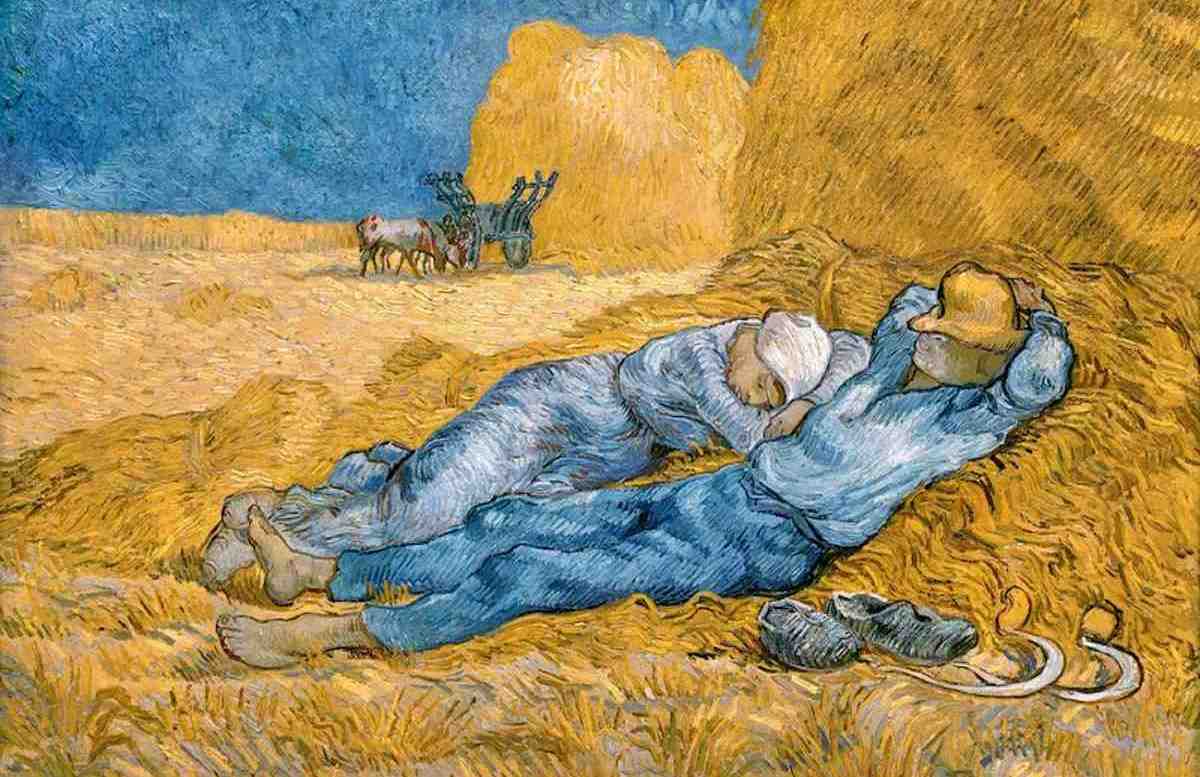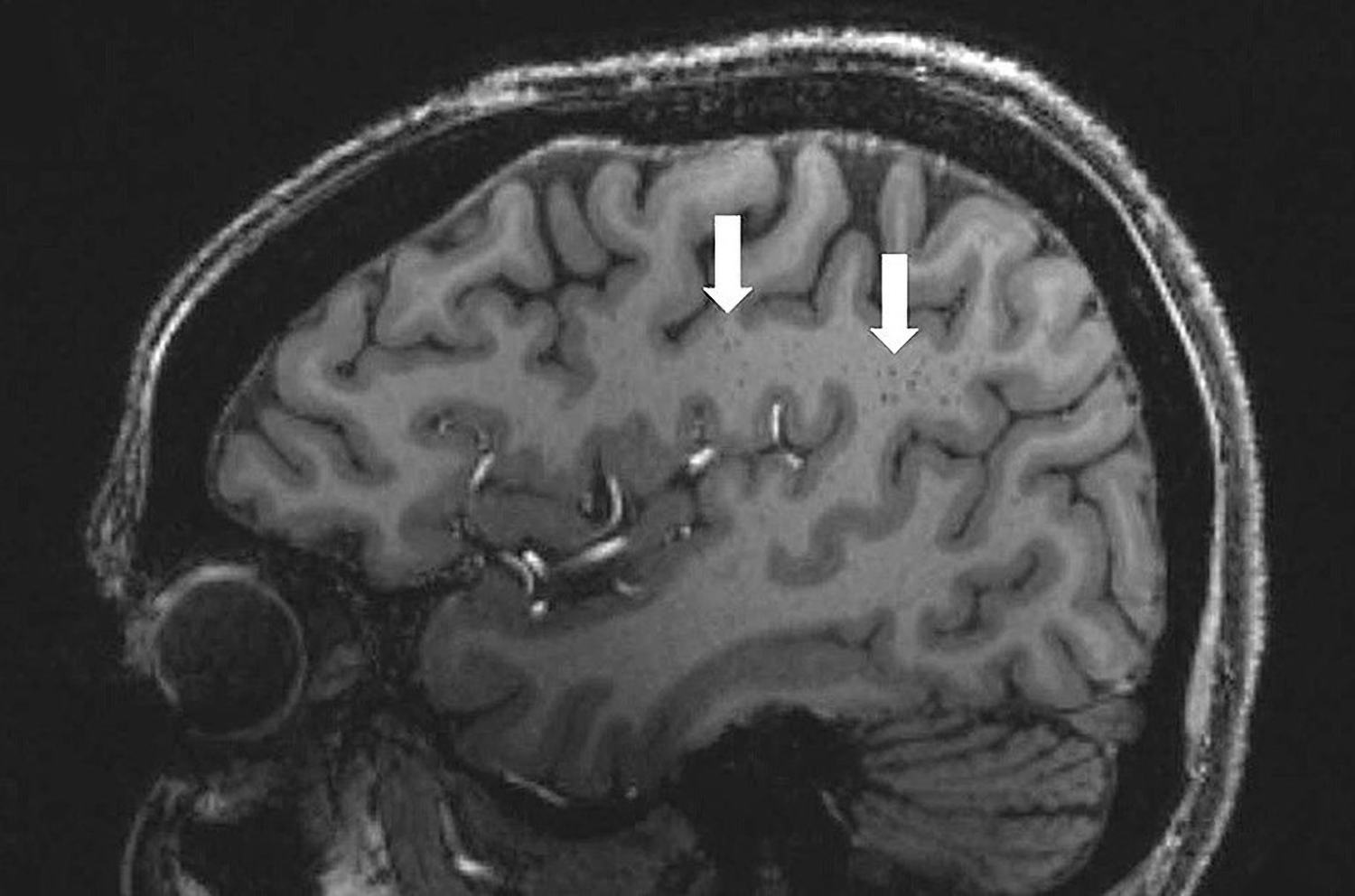It is night, and everything is quiet, but there is a low murmur that can be heard. A prerecorded voice is whispering vocabulary words into the ear of the person who is sleeping in a calming voice. This is the way if you listen to the people who make sleep-learning CDs and programs and take their word for it. They assure you that by harnessing the power of your subconscious, you will be able to pick up a new language as easily as if by magic. But can we rely on these assertions? Is it possible that you actually take in new information while you sleep, and as a result, learn new things virtually effortlessly and without even noticing it?
With the assistance of experiments carried out in sleep laboratories, neuroscientists have been attempting to find an answer to this question since the 1950s. They played words, pieces of music, and other acoustic information to their test subjects while they were sleeping. The following day, they put the subjects through a memory test to see if they could recall what they had heard while they were asleep. Researchers investigated the extent to which the participants were better able to recall words or phrases that they had learned while sleeping.
As early as 1956, neuroscientists Charles Simon and William Emmons concluded that learning during sleep did not appear to be possible since there was almost no measurable recall of material presented during sleep. Since then, numerous studies have found support for the hypothesis that, while we are sleeping, the human brain maintains a level of disconnect from the outside world. Stimuli from the outside world, whether it be vocabulary or self-affirmation slogans, have very little chance of penetrating it.
How does information processed affected by sounds?
However, it appears that even when we are asleep, our brains can be influenced by sounds if the right conditions are present. An experiment that was carried out by researchers from the United States demonstrates this theory. In this experiment, the researchers asked their participants to recall the location of 50 different picture cards displayed on a screen. These cards were quickly exposed one after the other, in a manner very similar to that of a memory game. Each picture was accompanied by a sound that was representative of that genre: If you looked at a picture of a cat, you heard a meow, and if you looked at a picture of a car, you heard a honk.
After that, the test subjects fell asleep. During the stage of sleep known as “deep sleep,” the researchers replayed 25 of the sounds they had previously been exposed to. The memory test was administered to the participants once more the following day. The result was that they had an improved ability to associate the images whose sounds they had heard again while sleeping. According to that, the amount of information you take in while you sleep can affect how well you remember what you learned the previous day. But this does not imply that you can acquire new knowledge while sleeping.
Memory is consolidated while you are asleep
Children who don’t get enough sleep have a harder time concentrating in class. Studies have shown that in order for our brain to learn new information, it needs to sleep. The results of these studies show that test subjects who are not allowed to sleep after a learning task perform worse than those who take a nap after the task. But exactly what does it do while it is in this state of rest?
According to the findings of neuroscientists, during this period of time, the brain moves information from our short-term memory to our long-term memory. During the process, new neural connections are created in the cerebral cortex of our brain, which is where our long-term memories are stored. The process of making new connections between neurons and breaking old ones is essentially what we understand to be the machinery behind memory.
By observing the behavior of experimental animals, scientists found that the reorganization of the brain appears to take place primarily during sleep. When the animal goes to sleep, it is as if a switch is turned on and all of a sudden, sleep is the only thing that is required to reorganize and consolidate the knowledge acquired recently.





















